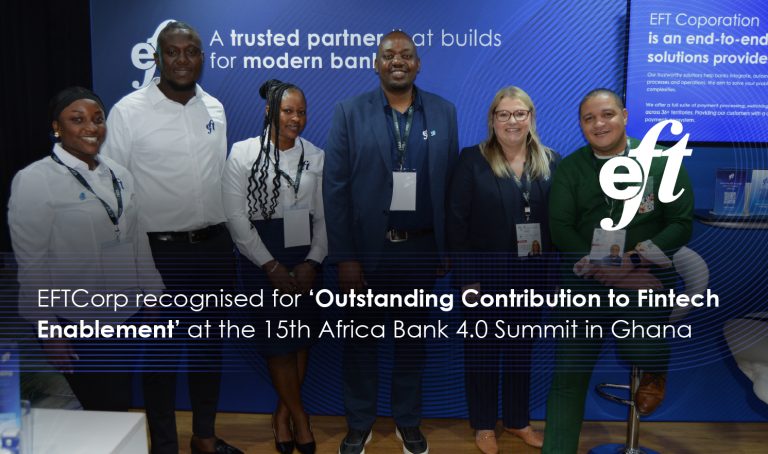A simple explainer to understanding the magic behind modern financial services.
Few commercial sectors have undergone such a radical transformation in the digital era as banking and financial services. We’ve seen the advent of e-commerce, but shops still exist, in transport came e-hailing, but cars, buses and traditional taxis still exist, in the entertainment field, streaming changed our screen viewing habits, but movie houses still exist. Banking is evolving in a similar way in that banking services and functionality have moved online in new and interesting ways. One of these ways is Banking as a Service – BaaS. In a nutshell, BaaS lets businesses offer banking services to their customers without starting from zero or needing special banking licenses. It’s like renting out the tools and systems from another company instead of making your own.
The evolution of BaaS
Part of the gradual evolution of banks has been thanks to Banking as a Service (BaaS) which has enabled the transition from formal, rigid financial institutions to modern financial service providers, offering a wider range of products to customers. BaaS is the magic ingredient behind modern financial services – it enables embedded finance which is the integration of financial services into apps and websites so financial transactions are more accessible and convenient than ever before.
So what is BaaS?
Banking as a Service (BaaS) is a business model in which banks offer financial products and services provided by a third party and are delivered through the use of application programming interfaces (APIs). The bank embeds the product into their offering, often ‘white labelling’ it as their own. In this way, BaaS allows banks to extend their offerings and leverage the infrastructure, technology and expertise of the BaaS provider on a regulated, compliant and secure platform.
The BaaS provider takes care of all the operational and ‘back end’ functionality of the platforms, and in this way, the bank can maintain its relationship with its customers, who only see the bank’s branding.
What are the benefits of BaaS?
The introduction of BaaS has benefitted banks, fintech developers and customers alike.
For traditional banks, BaaS has allowed for rapid digital transformation, without hefty investment in research and development or in infrastructure. It has given them a new lease on life with extended product and service offerings.
Through BaaS, fintech innovators have found markets for their products without having to obtain a banking license themselves. Their products are simply plugged into the host’s platform becoming an integral part of the overall banking ecosystem.
Customers feel the benefits in their user experience, which is now more streamlined, safe and secure, with more options from one single financial services provider, including current and savings accounts, loans and mortgages, foreign currency transactions and more.
The entire financial services sector benefits from more innovation made possible by the advent of BaaS. By partnering with existing institutions to share their products, fintech entrepreneurs are getting their ideas to market more quickly and getting a faster return on their research and development investment and are then able to spend more time on new developments rather than navigating the complexities of financial regulations and infrastructure.
BaaS in action
Practical examples of how BaaS has become fully integrated into our everyday lives without our even knowing it include the fields of travel and retail apps. BaaS is the back-end functionality that enables businesses to embed financial services and banking services into their own platform. Think of apps that offer not only flight and accommodation reservation mechanisms but the in-app purchase of foreign currency and travel insurance, neither of which function is core to the travel agent. Cashback reward mechanisms incorporated into your favourite e-commerce sites are delivered to you because of BaaS functionality that makes embedded finance possible.
BaaS is a complex concept, with back-end systems, intermediary delivery platforms in the form of APIs, and white-label products brought to you by your favourite app or bank, all wrapped up under the term ‘banking as a service’. Think of BaaS as the superpower, behind embedded finance – delivering financial services driven by advanced technology on non-financial platforms – or just enjoy the improvement to your user experience that it brings.
Ukheshe offers a customisable BaaS platform that enables banks to digitise and scale their offerings. While in the past it would take a long time to develop a BaaS platform offering, with Ukheshe, businesses can integrate core banking services into their offering, saving both time and money. It’s a hassle-free alternative to building a costly system from scratch.





